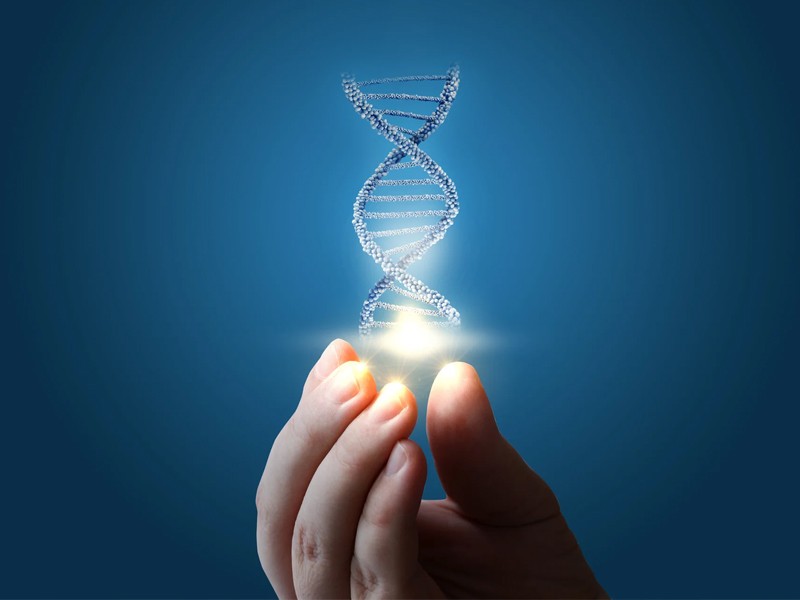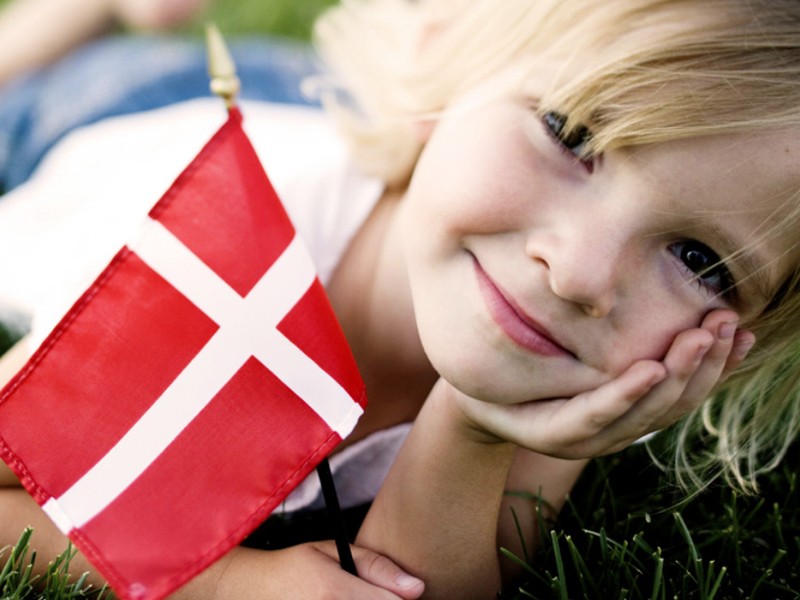Genetic relationship of a child in a surrogacy program

Surrogacy is an assisted reproductive technology that allows partially infertile parents (at least one parent must provide genetic material) to get a biological child. This is quite a complicated and long process. But it helps cope with such hopeless diagnoses as: severe uterine malformations, frequent miscarriages, a strong hormonal imbalance that cannot be corrected, the complete absence of the uterus, or cancer, in which pregnancy is contraindicated. Technology allows these parents to get their child, without the risk for health and life.
But, unfortunately, there are many myths and misinformation regarding surrogacy. Especially when it comes to the genetic relationship of the child. Genetics is a new science that is just developing. But today, it answers these questions.
Genetic relationship between the child and the surrogate mother
Will the child have the genes of a surrogate mother? This question is of interest to many married couples who are planning to take part in the surrogacy program. In order to understand this issue, you need to realize how gene transfer occurs during common physiological fertilization.
In order to create a new human life, two sex cells are needed: a sperm and an egg. Each of them carries 50% of the entire genetic code of the unborn child. And when they combine, during fertilization, a completely new cell is formed. There can be found 50% of the mother’s DNA and 50% of the information from the father in it, respectively, external differences, character, behavior, and even illness will be the same as those of the parents have. Specific traits or diseases depend on which gene is present: if the father is prone to obesity, but the mother is not, then the child will be like the one whose genes are stronger in this direction. And the child will carry this genetic information from the moment of conception to the end of his life, passing it on to his future children.
Surrogacy is a method that uses the cells of biological parents (if possible). The ovum is punctured from the mother, and the sperm are taken from the father. Then, in the laboratory, fertilization is carried out, where an already full-fledged embryo develops over several days. And only after that, it is placed in the uterus of a surrogate mother. In the womb, the embryo is implanted into the wall of the uterus and begins to develop and grow. Thus, a surrogate mother carries and gives birth to a child.
As we have seen, no genetic information from a surrogate mother can be added to the existing one. Since, after fertilization, the child already has its own genetic code, which is 50% of the mother, 50% of the father. A surrogate mother can only transfer nutrients and useful microelements to a child in order for him to develop fully.
The influence of a surrogate mother on a child in the process of gestation
But still, surrogate mothers can affect the development, state or life of the child. There is a blood-placental barrier between the surrogate mother and the baby, which protects the baby from harmful substances, infection and other things that float in the mother’s blood. Its task is to skip only useful trace elements that are needed for growth. But, unfortunately, it cannot filter out all the harmful substances that exist. For example, tobacco particles, heavy metals, drugs, some chemicals. They can provoke malformations or the activation of a genetic disease that was inherent in the genes of the parents.
Also, it cannot protect against all viruses and bacteria. Thus, a surrogate mother can infect a child and he/she will be born with an infectious disease. Therefore, they approach the selection of a surrogate mother in surrogacy agencies very carefully. Potential women are examined completely, all kinds of tests are done. They also strictly monitor her lifestyle. Smoking and drinking alcohol are prohibited during pregnancy. And drug addicts are generally not allowed to undergo the program. So this is what parents who want to take part in surrogacy should be worried about. They should only contact trusted agencies which care about all the diagnostics and control of the surrogate mother.
Emotional attachment of a surrogate mother to a child
Of course, the surrogate mother worries about a baby like every woman who carries him/her for 9 months, hears his heartbeat and movements. But these are just worries for the life and health of the child, whom she must give birth to and give him to the parents. Today, most studies show that 85-90% of surrogate mothers do not experience any psychological difficulties with the giving of a child to biological parents. This is due to many factors.
Firstly, a woman who voluntarily agrees to take part in the program immediately realizes that this is not her child and she will have to give him/her up. Secondly, all agencies, before recording a surrogate mother in the database, refer her for a consultation to a psychologist. He talks to her, learns motives, life experiences, and also conducts special tests. Thus, he determines whether she will have problems after giving birth.
Thirdly, before starting the program, the future surrogate mother will undergo special courses and training. Where they tell her everything about the details of the program, teach the techniques of self-hypnosis, and how not to become attached to the child. And also, if the first signs of psychological attachment to the child appear, the woman is referred to a psychologist who conducts therapy sessions with her.
Who will the baby look like after giving birth?
The external traits of the child are formed by the genes of the biological parents. They determine the color of the eyes, the shape of the face, the type of hairline, the predisposition to certain features. So the child will be 50% like the father, and 50% like the mother. Sometimes more in one direction.
A surrogate mother cannot transfer physiologically even a small particle of her genome to the child. Therefore, a child cannot bear any resemblance to a surrogate mother. Unless, she has similarities with his parents. If both the mother and the surrogate mother have blue eyes, then this does not mean that the child resembles the surrogate mother.
Although, sometimes a married couple chooses a close relative, a sister or an aunt to be a surrogate mother. In this case, the child will have characteristic features with her. But again, this is due to the fact that these traits are in the genome, and not acquired from a surrogate mother.
Is the DNA test needed after giving birth?
This is an interesting question many parents ask. According to the law of Ukraine, at the end of surrogacy programs, doctors must conduct a DNA analysis of the child and biological parents. This is done so that the parents are sure that the child is genetically identical with them and also it is needed for legal documents.
Dozens of studies and experiments have shown that a child has always been genetically identical with his parents. And not a single test in the world has shown any resemblance to a surrogate mother. Therefore, do not worry that the DNA test will not show similarities. Remember, the child will completely inherit everything from the parents, ranging from external characteristics, character and genetic diseases.
She/he can get a disease from a surrogate mother, in the only case, if she did not adhere to a healthy lifestyle, smoked and drank alcohol during pregnancy or during this period, she fell ill with an infectious disease. But this is strictly monitored by the surrogacy agency, which monitors the woman’s behavior and carries out regular and complete diagnostics of the whole body.


